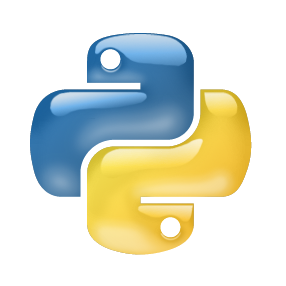Counterfactual explanations provide means for prescriptive model explanations by suggesting actionable feature changes (e.g., increase income) that allow individuals to achieve favorable outcomes in the future (e.g., insurance approval). Choosing an appropriate method is a crucial aspect for meaningful counterfactual explanations. As documented in recent reviews, there exists a quickly growing literature with available methods. Yet, in the absence of widely available opensource implementations, the decision in favor of certain models is primarily based on what is readily available. Going forward - to guarantee meaningful comparisons across explanation methods - we present CARLA (Counterfactual And Recourse LibrAry), a python library for benchmarking counterfactual explanation methods across both different data sets and different machine learning models. In summary, our work provides the following contributions: (i) an extensive benchmark of 11 popular counterfactual explanation methods, (ii) a benchmarking framework for research on future counterfactual explanation methods, and (iii) a standardized set of integrated evaluation measures and data sets for transparent and extensive comparisons of these methods. We have open-sourced CARLA and our experimental results on Github, making them available as competitive baselines. We welcome contributions from other research groups and practitioners.
翻译:反事实解释为规范性示范解释提供了手段,建议可采取行动的特点变化(例如增加收入),使个人今后能够取得有利结果(例如保险批准);选择适当方法是有意义的反事实解释的关键方面;如最近的审查所记载,现有方法的文献迅速增加;然而,在缺乏广泛可得的公开来源执行的情况下,有利于某些模式的决定主要基于现成的可用方法;今后----保证对各种解释方法进行有意义的比较----我们介绍CARLA(Competfact and Recoura Library),这是一个为不同数据集和不同机器学习模型的反事实解释方法进行基准衡量的皮目图书馆;概括而言,我们的工作提供了以下贡献:(一) 11种流行反事实解释方法的广泛基准;(二) 研究未来反事实解释方法的基准框架;(三) 一套标准化的综合评价措施和数据集,以透明、广泛的比较这些方法。
相关内容
- Today (iOS and OS X): widgets for the Today view of Notification Center
- Share (iOS and OS X): post content to web services or share content with others
- Actions (iOS and OS X): app extensions to view or manipulate inside another app
- Photo Editing (iOS): edit a photo or video in Apple's Photos app with extensions from a third-party apps
- Finder Sync (OS X): remote file storage in the Finder with support for Finder content annotation
- Storage Provider (iOS): an interface between files inside an app and other apps on a user's device
- Custom Keyboard (iOS): system-wide alternative keyboards
Source: iOS 8 Extensions: Apple’s Plan for a Powerful App Ecosystem





